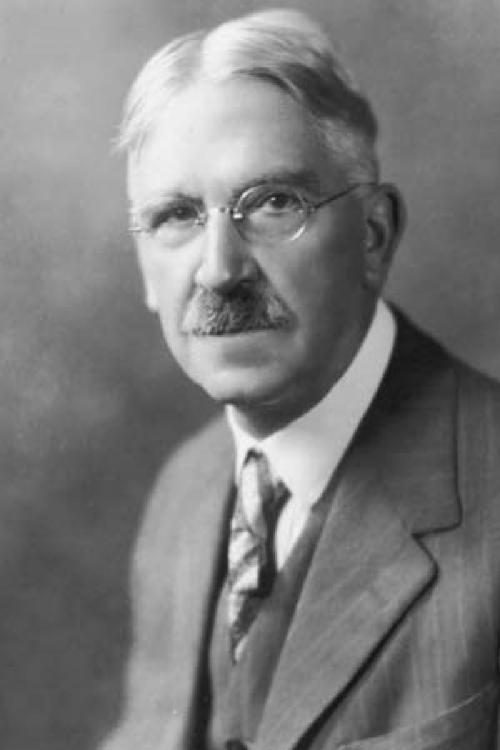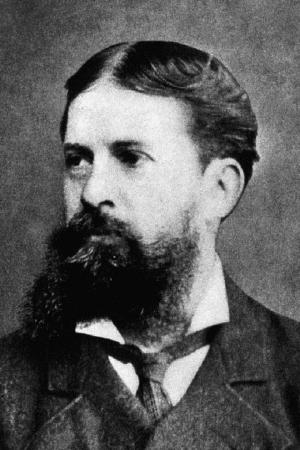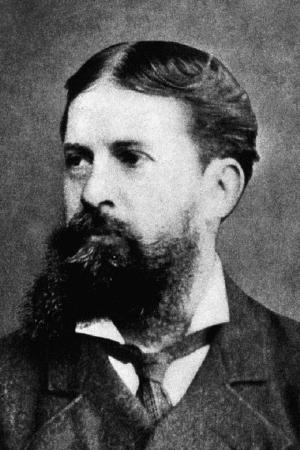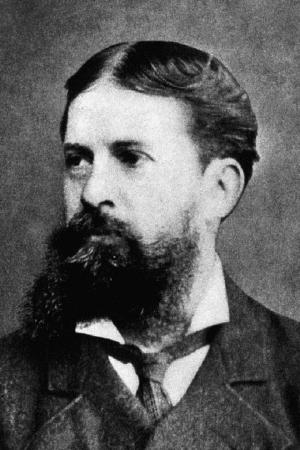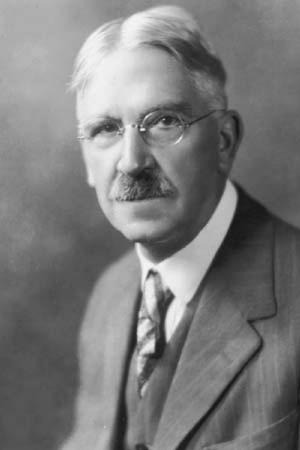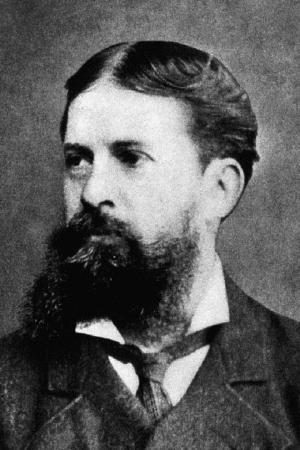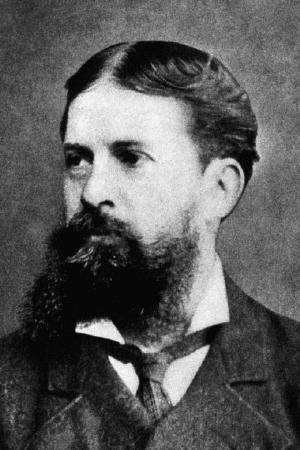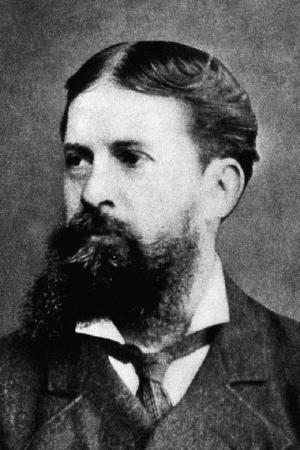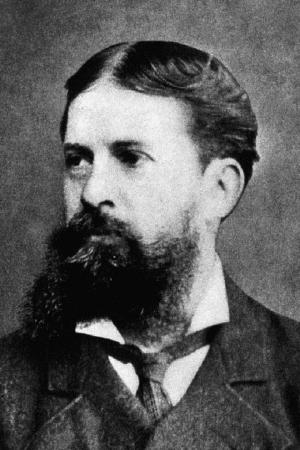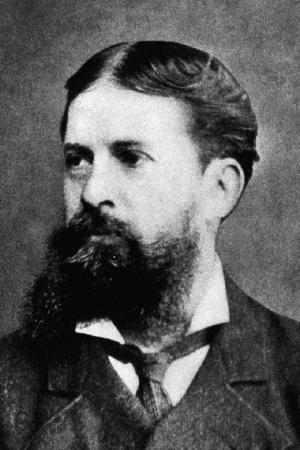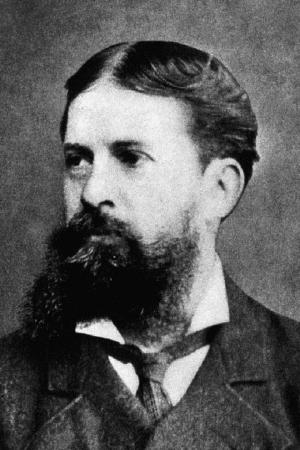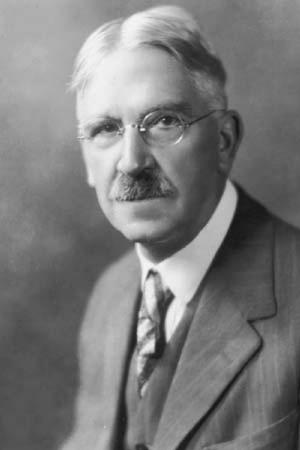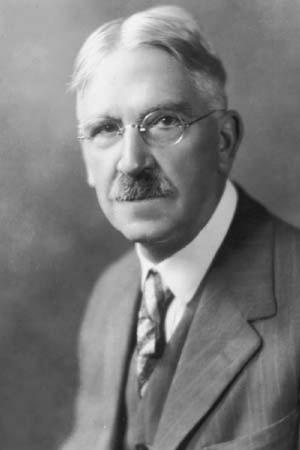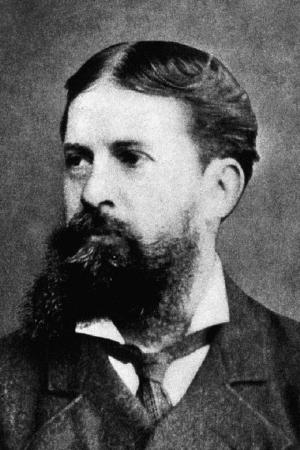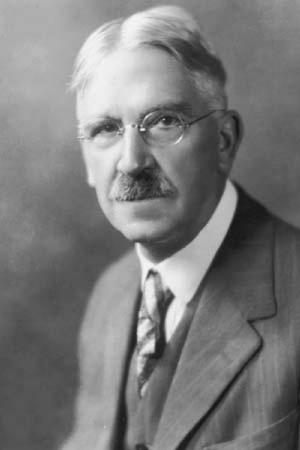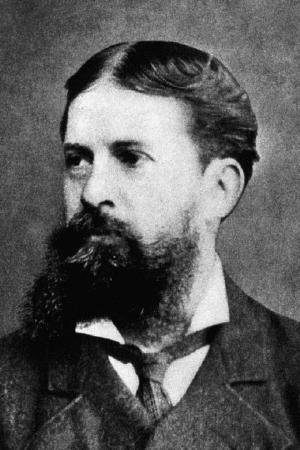| Author: | John Dewey | ISBN: | 1230001439410 |
| Publisher: | Timeless Books | Publication: | November 22, 2016 |
| Imprint: | Language: | English |
| Author: | John Dewey |
| ISBN: | 1230001439410 |
| Publisher: | Timeless Books |
| Publication: | November 22, 2016 |
| Imprint: | |
| Language: | English |
The book has an active table of contents for readers to easy access of each chapter.
John Dewey was one of the most influential American philosophers, psychologists, and educators whose ideas have impacted education and social reform around the world. He is one of the founders with the philosophy of pragmatism and of functional psychology. He is in the row with the greatest thinkers including Bertrand Russell, Ludwig Wittgenstein, Karl Popper, Charles Peirce, John Mill, and William James.
Dewey considered schools and civil society as the two fundamental elements that had to be constructively evolved by encouraging experimental intelligence and plurality. Dewey’s belief is that complete democracy is to be sustainable not just by giving and extending voting rights but also by ensuring that a fully formed public opinion is accomplished by communication among citizens, experts, and politicians with the full accountability and responsibility for the policies they adopt.
GERMAN PHILOSOPHY AND POLITICS is a highly influential publication by John Dewey. Dewey further argued his philosophic view that “Our notions in physical science tend to reduce mind to a bare spectator of a machine-like nature grinding its unrelenting way. The vogue of evolutionary ideas has led many to regard intelligence as a deposit from history, not as a force in its making. We look backward rather than forward; and when we look forward we seem to see but a further unrolling of a panorama long ago rolled up on a cosmic reel. Even Bergson, who, to a casual reader, appears to reveal vast unexplored vistas of genuinely novel possibilities, turns out, upon careful study, to regard intellect (everything which in the past has gone by the name of observation and reflection) as but an evolutionary deposit whose importance is confined to the conservation of a life already achieved, and bids us trust to instinct, or something akin to instinct, for the future:—as if there were hope and consolation in bidding us trust to that which, in any case, we cannot intelligently direct or control.”
The University of Chicago Laboratory Schools that John Dewey founded was to deliver his pedagogical beliefs “to prepare him for the future life means to give him command of himself; it means so to train him that he will have the full and ready use of all his capacities”. His educational thought of “Learning by Doing” also formed the foundation of the opening of Indian Springs School, Alabama in 1952, one of the best boarding schools in the United States. The school has adapted John Dewey’s pedagogical beliefs in its longstanding motto, Learning through Living.
John Dewey’s influence has been felt in nearly every field of the humanities, sciences, and American corporate culture such learning by doing. The reasoning by John Dewey still remains as relevant today as it was then. This book is one of the most important ones about the deepest thoughts of German philosophy and politics by John Dewey, one of the greatest thinkers of philosophy, psychology, and logic on the planet.
The book has an active table of contents for readers to easy access of each chapter.
John Dewey was one of the most influential American philosophers, psychologists, and educators whose ideas have impacted education and social reform around the world. He is one of the founders with the philosophy of pragmatism and of functional psychology. He is in the row with the greatest thinkers including Bertrand Russell, Ludwig Wittgenstein, Karl Popper, Charles Peirce, John Mill, and William James.
Dewey considered schools and civil society as the two fundamental elements that had to be constructively evolved by encouraging experimental intelligence and plurality. Dewey’s belief is that complete democracy is to be sustainable not just by giving and extending voting rights but also by ensuring that a fully formed public opinion is accomplished by communication among citizens, experts, and politicians with the full accountability and responsibility for the policies they adopt.
GERMAN PHILOSOPHY AND POLITICS is a highly influential publication by John Dewey. Dewey further argued his philosophic view that “Our notions in physical science tend to reduce mind to a bare spectator of a machine-like nature grinding its unrelenting way. The vogue of evolutionary ideas has led many to regard intelligence as a deposit from history, not as a force in its making. We look backward rather than forward; and when we look forward we seem to see but a further unrolling of a panorama long ago rolled up on a cosmic reel. Even Bergson, who, to a casual reader, appears to reveal vast unexplored vistas of genuinely novel possibilities, turns out, upon careful study, to regard intellect (everything which in the past has gone by the name of observation and reflection) as but an evolutionary deposit whose importance is confined to the conservation of a life already achieved, and bids us trust to instinct, or something akin to instinct, for the future:—as if there were hope and consolation in bidding us trust to that which, in any case, we cannot intelligently direct or control.”
The University of Chicago Laboratory Schools that John Dewey founded was to deliver his pedagogical beliefs “to prepare him for the future life means to give him command of himself; it means so to train him that he will have the full and ready use of all his capacities”. His educational thought of “Learning by Doing” also formed the foundation of the opening of Indian Springs School, Alabama in 1952, one of the best boarding schools in the United States. The school has adapted John Dewey’s pedagogical beliefs in its longstanding motto, Learning through Living.
John Dewey’s influence has been felt in nearly every field of the humanities, sciences, and American corporate culture such learning by doing. The reasoning by John Dewey still remains as relevant today as it was then. This book is one of the most important ones about the deepest thoughts of German philosophy and politics by John Dewey, one of the greatest thinkers of philosophy, psychology, and logic on the planet.
